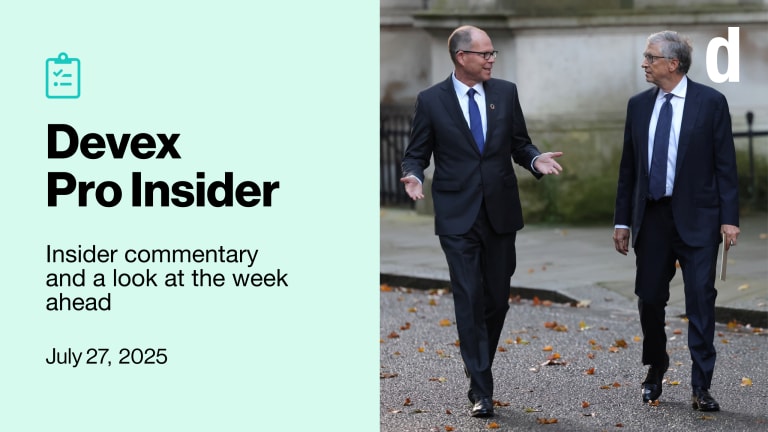More money, more coordination, more staff on the ground, more equipment.
For the European Union’s foreign ministers, it’s clear what is needed to combat the Ebola epidemic in West Africa. Nevertheless, progress was still painstakingly slow as they met in Luxembourg Oct. 20, and the gathering wrapped up with a solemn vow to step up efforts — but there were few concrete steps.
The top diplomats of the 28 EU member states — a group known as the Council — exchanged views amid a flurry of proposals on new ways for the bloc to tackle the Ebola crisis. Germany suggested setting up a pool of medical and logistical experts, so-called white helmets who could jump into action whenever a medical crisis arose, while the United Kingdom wanted to put the issue atop the agenda of the following week’s EU Summit.






